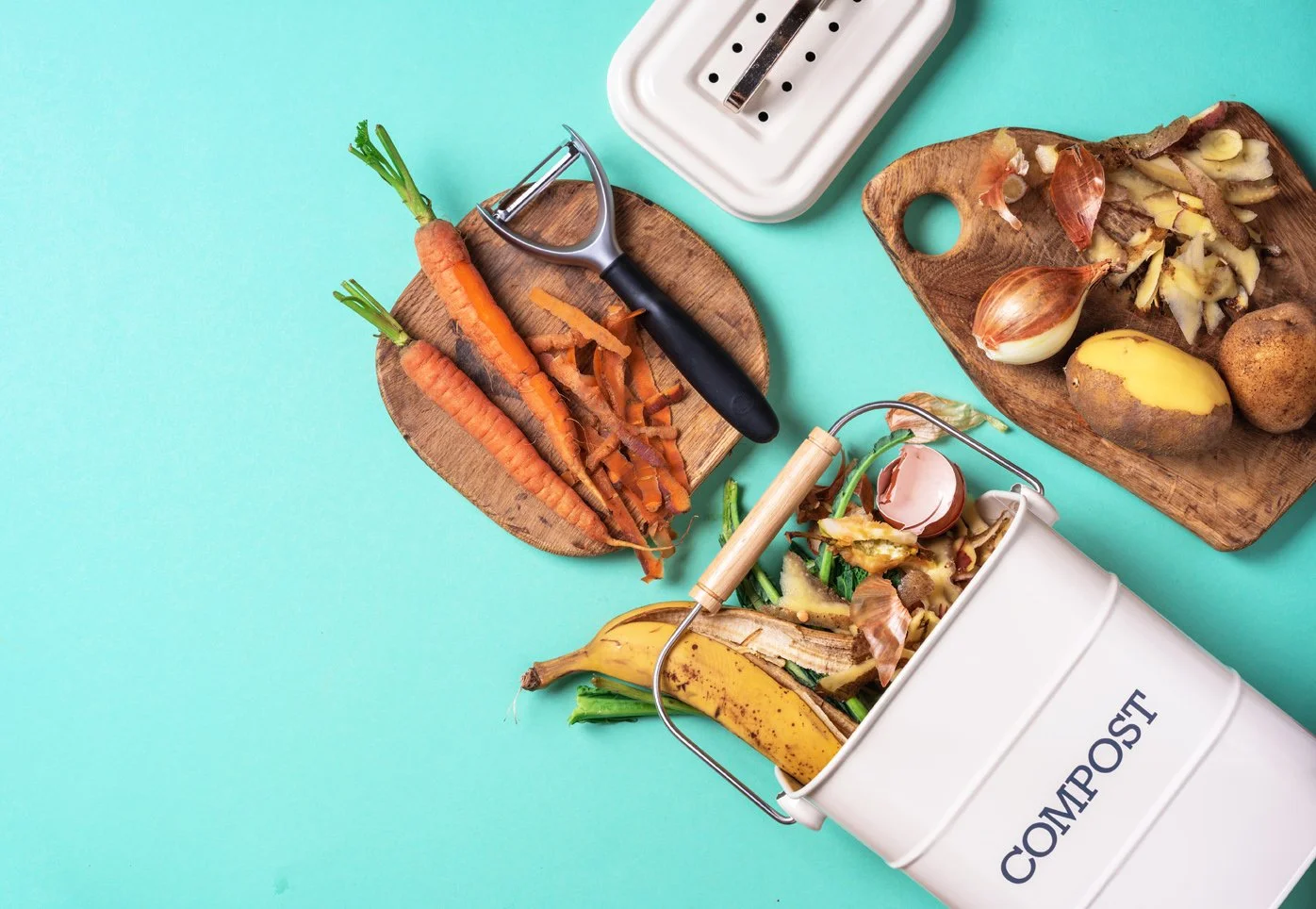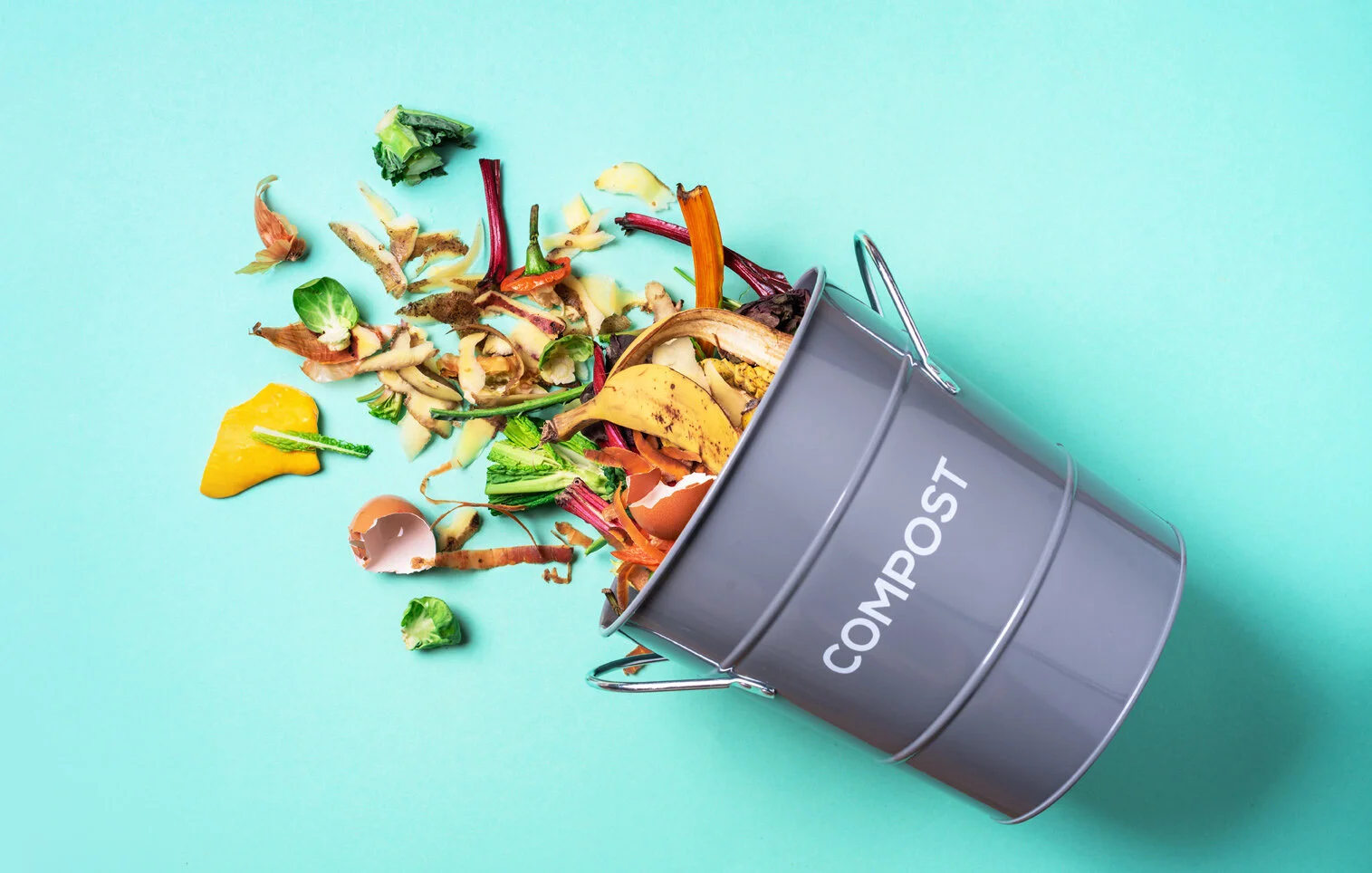Composting is the natural process of recycling organic matter, such as leaves and food scraps, into fertilizer. When you collect your food scraps for composting, you cut down on the amount of trash that goes into landfill. If that organic waste instead ends up in landfill, it breaks down and is emitted into the atmosphere as methane—an extremely potent greenhouse gas. But as nutrient-rich compost—sometimes referred to as black gold—it can be used in gardens, where it enriches the soil, thus reducing the need for fertilizers and pesticides. This is reuse/recycling/circularity at its natural best!
Q&A with Angela Tovar, Chief Sustainability Officer for the City of Chicago
As Chief Sustainability Officer for the City of Chicago, Angela Tovar has a big job: steering Mayor Lightfoot’s policy on environmental protection and climate change in addition to being a liaison between City Hall and community organizations in Chicago’s most polluted areas.
Q: What are some key points of that investment [to mitigate the effects of climate change]?
A: We’re focused on green infrastructure and flood-mitigation in vulnerable communities. And we will be planting 75,000 trees across the city over the next five years, for all the gifts trees provide, including heat mitigation. We’re supporting retrofitting for energy efficiency in low- to moderate-income housing and neighborhood-anchor institutions. And many other things—connecting residents with renewable-energy sources; finding better waste management solutions, including for organic waste; and exploring greener transportation options.
The Circular Economy: Part 3
Green Era’s current project is a great model of the circular economy because it involves diverting inedible food waste from landfills and, via a process called anaerobic digestion, producing clean, renewable energy as well as nutrient-rich soil, which will then be used to expand fresh local food production. All this will occur on a vacant, brownfield site in South Chicago, in an area with an urgent need for cleanup and economic development.
In August 2020, after a yearlong competition, Green Era, part of the Always Growing Auburn Gresham team, won the $10 million Chicago Prize to develop their vision of a healthy lifestyle hub and renewable energy and urban farming campus. In addition, Gov. J.B. Pritzker announced a $2 million investment from the state’s Rebuild Illinois program to fill the final funding gap for the Green Era Renewable Energy & Urban Farming Campus.
Join the Circular Economy: COMPOST
Keeping food waste out of landfills via composting is a perfect example of how the circular economy can work. Following is a list of Chicagoland composting resources recommended by Jonathan Pereira of Plant Chicago. For those outside of Illinois, search for similar resources in your area to get involved.
Remembering Sally Stovall
When most people retire, they kick back, take cruises, and visit the grandchildren. Sally Stovall was not most people. She did, indeed, relish visiting her grandchildren, but after she retired from a career in organizational development, Sally embarked on a new, vibrant career as climate activist and community organizer.





